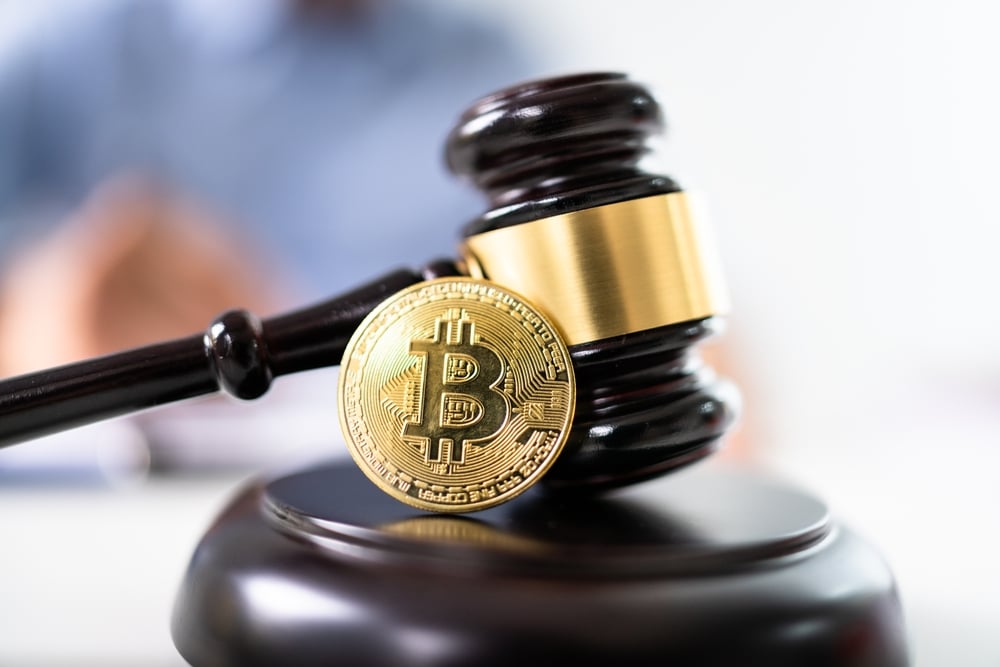
A Comprehensive Guide on How to Freeze Cryptocurrencies on a Blockchain
Frozen Funds in Crypto
Security precautions, technological errors, disagreements, regulatory compliance, and investigations can result in frozen funds. This evokes the need to consider if a crypto exchange can freeze one’s account.
Financial institutions or exchanges can freeze funds in case of suspected money laundering or activity. Additionally, freezing can be a preventive intervention to address unwelcome access efforts or security breaches.
Funds can also be frozen in case of ongoing investigations or disagreements until the matter is addressed. This move guarantees a fair outcome for all involved parties.
When people experience frozen funds, they must contact the appropriate service provider or platform to establish the matter and get a solution. They should follow specific instructions and rules to handle and perhaps unfreeze the funds.
The Immutability Principle and Frozen Crypto Assets
The concept is critical for financial applications that involve tokenized cryptocurrencies or assets. It evens the playing field by ensuring the transparency and unchangeability of an asset’s ownership and value.
Similar to being locked in ice, it is an unchangeable situation that ensures the integrity and durability of assets on the blockchain. The principle offers security against unapproved changes to frozen assets.
Circumstances Resulting in Cryptocurrency Freezing
Court orders and judicial proceedings
The directive to freeze cryptocurrency assets can be granted by courts in litigation, disagreements, or criminal cases. The freeze prevents the transfer or sale of assets until the conclusion of court cases.
Security interventions by wallet providers and crypto exchanges
Wallet providers or cryptocurrency exchanges can freeze assets as security against unapproved access efforts, security violations, or suspicious activity. Besides protecting user funds, the strategy averts potential losses.
Regulatory enforcement interventions
Regulatory bodies like financial regulators and tax authorities can freeze assets as part of enforcement actions against people or firms contravening financial guidelines. The strategy ensures adherence and allows suitable inquiries.
Stablecoin Depegging
Platforms can freeze stablecoin transactions if they lose their pegs to underlying assets to prevent more destabilization.
Compliance and legal investigations
Regulatory bodies investigating money laundering and fraud can freeze cryptocurrency-associated assets. The strategies adhere to Anti-Money Laundering (AML) and Know Your Customer (KYC) guidelines, enabling regulators to probe suspicious activity.
Freezing Cryptocurrencies on a Blockchain
Smart contracts
Smart contracts can enable freezing mechanisms via code. Their programmed conditions can entail provisions to freeze assets to respond to predetermined situations, for instance, non-adherence or dispute resolution.
This decentralized strategy ensures automated freezing based on the present criteria, eradicating the need for intervention from a chief authority.
Centralized exchanges and wallets
Centralized platforms have the right to freeze assets they control. Legal requirements, security concerns, and compliance problems can result in suspending transactions or accounts.
The method offers the platform centralized control over user funds, making it freeze them speedily.
Legal and regulatory interventions
Policymakers can enforce legal orders or restrictions compelling exchanges or financial institutions to freeze a particular type of cryptocurrency. The approach ensures jurisdictional regulation adherence by offering asset freezes with legal support and adhering to existing legal structures.
What are Ethical Concerns Concerning Freezing Assets in a Decentralized Blockchain?
Balancing the need for protection against illegal activities with individual independence and preserving decentralization is a crucial ethical obstacle in managing asset freezes. Secondly, using smart contracts to freeze assets might not offer the flexibility needed to make thoughtful decisions under challenging situations, which may lead to irreversible or unjust deeds.
Conclusion
Blockchain is immutable, meaning that it becomes hard to freeze or alter after a transaction is recorded without endangering the system’s integrity. Secondly, it is challenging to manage consensus with a decentralized network to freeze assets promptly, transparently, and widely acceptedly.
Overcoming these barriers and maintaining decentralization evokes the need for technological innovations in blockchain governance, smart contracts, and consensus mechanisms.




